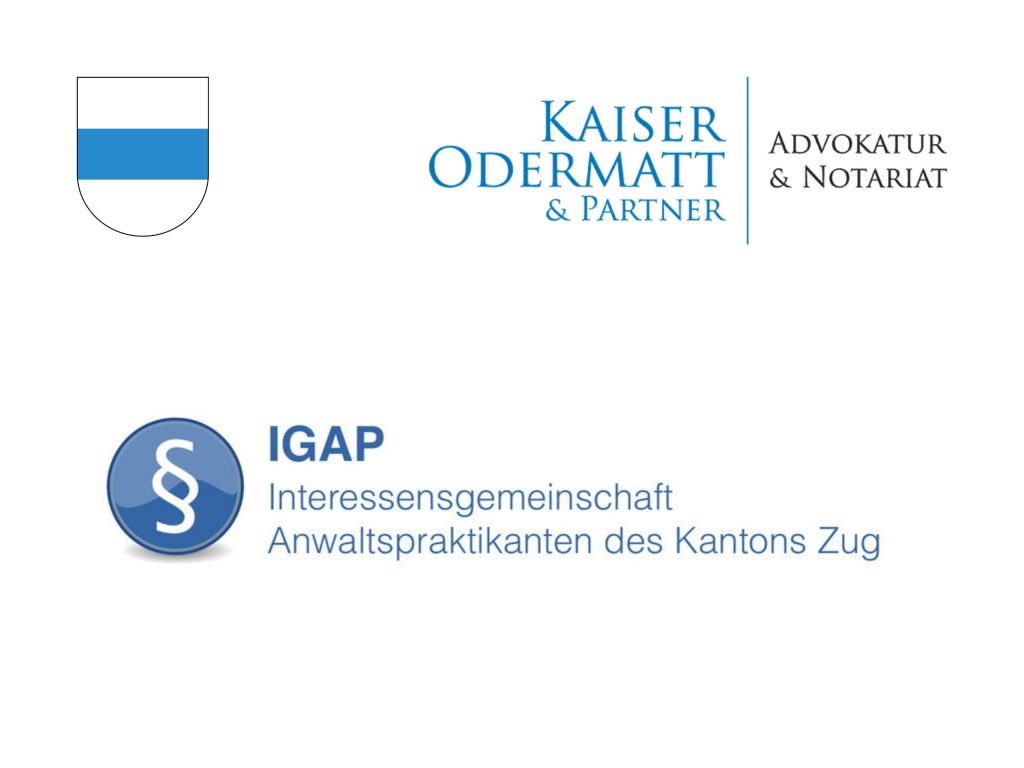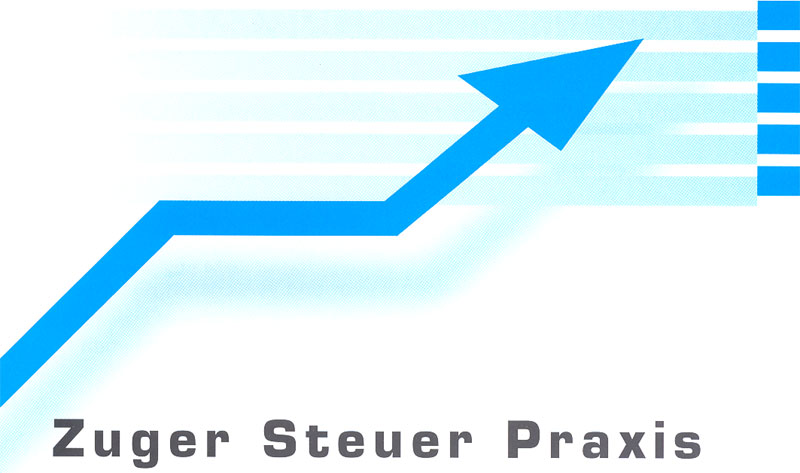By order dated March 18, 2020, the Federal Council declared for the first time the suspension of legal proceedings pursuant to Art. 62 SchKG, beginning on March 19, 2020, 07:00 a.m. until April 4, 2020. Since there is a debt collection vacation from April 5 to April 19, 2020 anyway, the suspension of legal proceedings thus lasts until April 19, 2020 (see Art. 56 no. 2 SchKG). Debt enforcement vacations and a legal standstill do not prevent the time limit from being suspended. However, if the end of a time limit falls during the legal standstill, the time limit is extended until the third day after the end of the legal standstill or the debt enforcement vacations, i.e. in casu until April 22, 2020 (see Art. 63 SchKG). The provisions on closed periods, debt enforcement vacations and legal standstill pursuant to Art. 56 et seq. SchKG are directed at debt enforcement officers and all other authorities that have a decisive influence on the course of debt enforcement. The enforcement authorities therefore also include bankruptcy officials, debt enforcement and bankruptcy judges and their supervisory authorities. It is essential that acts of debt enforcement are prohibited during this period. In BGE 115 III 6 E. 5, the Federal Supreme Court defined acts of debt enforcement as “all acts of the enforcement authorities – debt enforcement and bankruptcy officials, supervisory authorities, judges opening legal proceedings and bankruptcy judges – which are aimed at initiating or continuing proceedings aimed at satisfying the creditor from the debtor’s assets by way of compulsory enforcement and which interfere with the debtor’s legal position (…).” In order to determine whether a certain precaution constitutes an act of debt enforcement, the question is whether the debt enforcement is brought to an advanced stage. The central question is therefore whether an act brings the creditor/debtor closer to his goal (see BGE 115 III 6 E.5 and BGE 121 III 284 E. 2a). If a debt enforcement act is carried out during the debt enforcement vacations or during the legal standstill, the effectiveness of the untimely debt enforcement act is postponed – except in cases of nullity and contestability. Accordingly, the act of debt enforcement is deemed to have been carried out on the first day after expiry of the legal standstill. Due to this temporal component, however, the act is neither void nor contestable. The creditor’s requests, such as the request for debt enforcement or the request for the opening of legal proceedings, do not count as acts of debt enforcement. While the issuing of the order for payment by the debt enforcement office does not constitute an act of debt enforcement, the order for payment may not be served on the debtor during a legal standstill or debt enforcement vacation (see Art. 69 para. 1 SchKG and Art. 71 para. 1 SchKG). This also prevents a sudden overload of the debt enforcement offices after the legal standstill has expired, because they can process the payment orders based on the incoming debt enforcement requests to such an extent that they only need to be served. The issuing of the certificate of loss and the attachment proceedings also do not constitute acts of debt enforcement. At the end of the day, the legal standstill does not change the existence of the debt claims. In particular, the suspension of rights does not suspend the accrual of interest.









